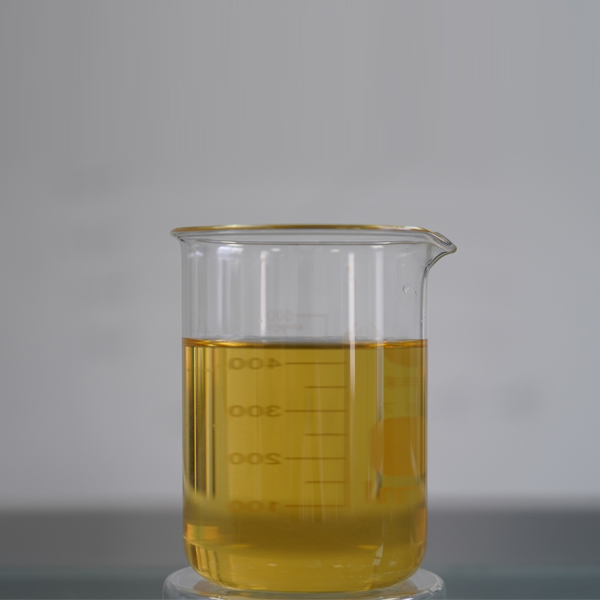
News
Nov . 18, 2024 14:46 Back to list
foliar iron fertilizer
The Importance of Foliar Iron Fertilizers in Agriculture
Iron is an essential micronutrient necessary for the growth and development of plants. While plants require only small amounts of iron, its deficiency can lead to significant agricultural problems, including reduced crop yield and poor quality produce. Foliar iron fertilizers have emerged as an effective solution to address iron deficiency in various crops. This article explores the importance of foliar iron fertilizers, their mechanisms of action, application methods, and their role in sustainable agriculture.
Understanding Iron Deficiency in Plants
Iron deficiency is a common problem in many agricultural soils, often occurring in alkaline and calcareous soils where iron becomes less available to plants. Symptoms of iron deficiency include interveinal chlorosis, where the tissue between leaf veins turns yellow while the veins remain green. This condition is particularly detrimental during the early growth stages of crops, as it can stunt development and reduce overall plant vigor.
In addition to poor growth, iron deficiency can lead to lower yields and reduced crop quality, making it a critical issue for farmers seeking to maximize their production. Employing foliar iron fertilizers can be an effective strategy to mitigate these issues quickly, as they enhance iron availability and uptake when soil applications may not be sufficient.
Mechanisms of Foliar Iron Fertilizers
Foliar iron fertilizers are applied directly to the foliage of plants, enabling the active ingredient to be absorbed through the leaves. This method provides several advantages
1. Rapid Uptake The foliar application allows for faster absorption compared to soil applications, making it a preferred choice during critical growth stages when rapid iron supply is essential.
foliar iron fertilizer

3. Enhanced Bioavailability Foliar products often contain chelated forms of iron, which are more soluble and easy for plants to absorb. Chelation helps prevent the precipitation of iron in the leaf tissues, ensuring that plants can utilize the nutrient promptly.
Application Methods
The application of foliar iron fertilizers can be done through various methods, including spray solutions, misting, or drenching. Spraying is the most common approach, where a diluted solution of the fertilizer is sprayed directly onto the foliage, ideally during the cooler times of the day to reduce evaporation losses.
To achieve effective results, the timing of application is crucial. It is best to apply these fertilizers early in the growing season or during specific growth stages where iron requirements are heightened, such as during flowering or fruit set. Proper mixing of the fertilizer and following the recommended rates are essential to avoid phytotoxicity and ensure the safety of the crops.
Role in Sustainable Agriculture
As the demand for food production continues to rise, sustainable agricultural practices are increasingly important. The use of foliar iron fertilizers aligns well with these practices, supporting not only crop yield but also soil health. By addressing iron deficiency directly through foliar applications, farmers can reduce the need for excessive soil amendments, thus minimizing the environmental impact associated with traditional fertilization methods.
Moreover, by enhancing crop resilience and reducing reliance on synthetic fertilizers, foliar iron application contributes to a more sustainable farming system. It empowers farmers to produce healthier crops, improve soil quality, and ultimately support ecosystem stability.
Conclusion
Foliar iron fertilizers represent a vital tool in modern agriculture, effectively addressing iron deficiency in crops while promoting sustainable practices. Their rapid uptake, targeted application, and enhanced bioavailability demonstrate how they can play a significant role in ensuring crop health and productivity. As agricultural challenges evolve, integrating effective solutions like foliar iron fertilizers will be essential for farmers aiming to maintain and improve their yields in an environmentally responsible manner. By understanding and utilizing such advancements, we can help cultivate a future of sustainable food production that meets the demands of a growing population.
-
Polyaspartic Acid Salts in Agricultural Fertilizers: A Sustainable Solution
NewsJul.21,2025
-
OEM Chelating Agent Preservative Supplier & Manufacturer High-Quality Customized Solutions
NewsJul.08,2025
-
OEM Potassium Chelating Agent Manufacturer - Custom Potassium Oxalate & Citrate Solutions
NewsJul.08,2025
-
OEM Pentasodium DTPA Chelating Agent Supplier & Manufacturer High Purity & Cost-Effective Solutions
NewsJul.08,2025
-
High-Efficiency Chelated Trace Elements Fertilizer Bulk Supplier & Manufacturer Quotes
NewsJul.07,2025
-
High Quality K Formation for a Chelating Agent – Reliable Manufacturer & Supplier
NewsJul.07,2025
